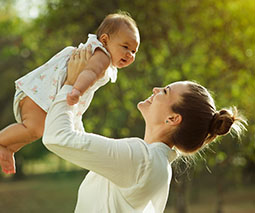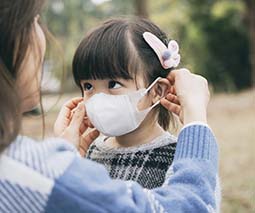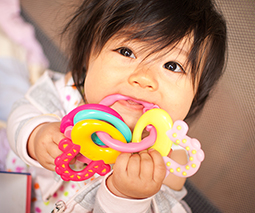Truth time: How and when should parents talk to kids about sex and puberty?
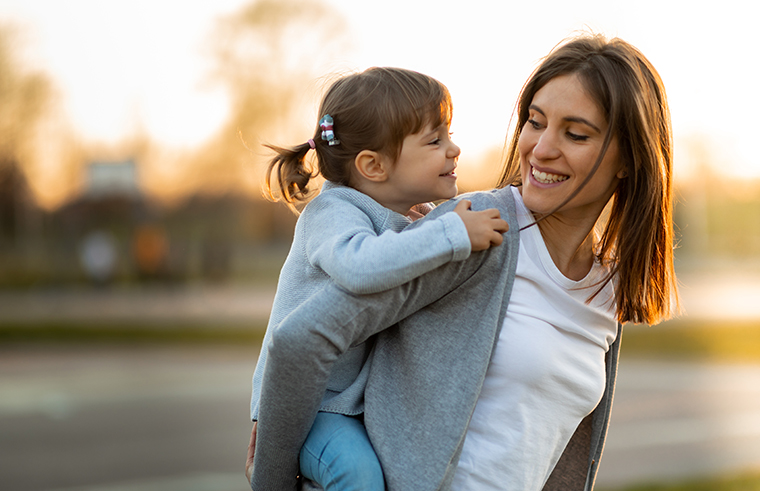
Whether you’re dreading that ‘birds and the bees’ chat or are champing at the bit to reveal the facts of life to your kiddo, this ‘sex talk’ cheat sheet is for you!
Lily Isobella is the CEO of The One A Day Project and she says that questions about sexuality from kids aged under five are usually child-led. They can pop up at the most unexpected moments, like very loudly in the playground after kinder, and most curious kids won’t care if they have an audience because they just want an answer!
Parents can avoid being blindsided by thinking about this ahead of time and having responses to queries like “How did I get here?” or “Why do I have a penis?” or “Who made me?” ready to roll out.
Listen to Lily Isobella on Feed Play Love
Lily says the key to talking about sexuality with your child is matching your child’s age and developmental level with honesty about the topic at hand.
When curly questions come your way, don’t freak out, but rather take a deep breath and have an age-appropriate conversation together.
“Staying honest and staying calm sets you up as the person that they can reliably come to information,” she says, “because you don’t want them googling.” Indeed we do not! Argh.
Be honest and be their go-to
It’s not just school or childcare where first conversations about sexuality might be doing the rounds. Kids may be exposed to sexual language via song lyrics and this can have them asking big questions at a very early age.
So what should you do if your child quizzes you about an explicit sexual term they might have heard in a song on the radio or something their friend told them at daycare?
Parents don’t have to go into the R-rated details, Lily says, but they should also avoid lying or making up stories.
“Your child just needs to know that that there are a lot of things that adults do together when they’re in love or in a relationship,” she advises.
This sort of response ensures that you’re building trust via honesty, and that your child won’t turn to the internet to have their questions answered. Because let’s face it no parent wants their five-year-old child typing “GIV HED” into Google, now do they?!
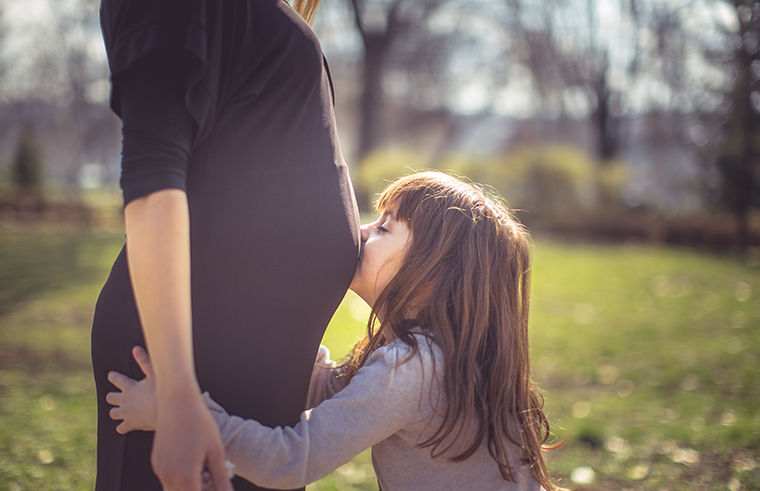
Every child is different
On the flip side, some children may never ask any questions about where babies come from or about their sexual organs. Parents may begin to worry that their child is going to be unprepared when their body begins to change.
“[In these cases] the conversation needs to be a little bit more led by the parents,” Lily advises.
“So my recommendation would be to watch movies together where somebody is entering puberty, so you’ve got a context in which to start a conversation after the film. Start talking about, ‘Oh gee, do you know about what happens to your body when you get a bit older?’ ”
You can kick the conversation off casually and in context that way.
By the book
Reading books together is another way to broach the topic of sexuality with kids.
“There are hundreds of amazing books, both for young girls and boys, and now, thankfully, young non-binary people as well that explore puberty, sexual development, human relationships. They’re great to read together.”
Rather than putting books like this on your child’s bed – and making it a private and potentially confronting exchange – leave them casually lying around the house so kids can access them without feeling pressured.
Lily says open dialogue is a brilliant way to educate your child about bodies and sexuality.
“I’m a really big believer in integrating talks about puberty and the changes that happen in the body as a really normal part of family life,” she explains.
“If you’re parenting a daughter and you are a female who is still menstruating, you’ve got an opportunity every month to normalise what changes she is going to go through during puberty, if you’re comfortable being open about how you experience that yourself.”
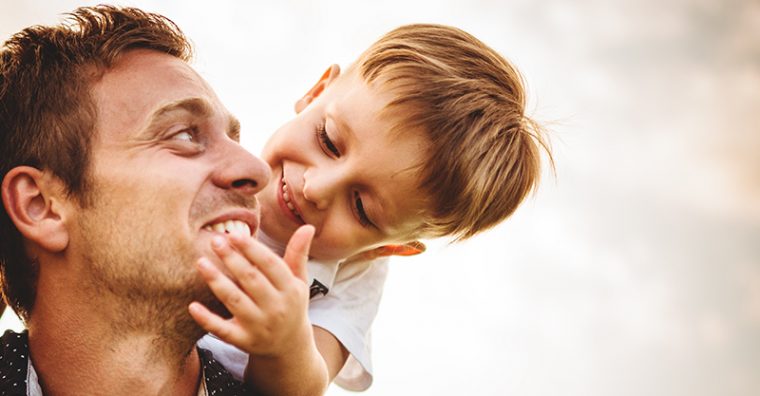
At what age should we aim to have girls as informed as possible about puberty?
“Seven or eight is quite a good, normal and natural time,” Lily confirms.
“We’re seeing girls very young, 10 and 11 go through puberty. So you really do want to be in there before it happens.”
Plan ahead – and avoid eye contact!
And what about boys, you may be wondering. Going into these conversations with a communication strategy will pay dividends and help keep boys more at ease, Lily says.
“No matter who is talking to to young boys, it’s really good to observe how your son communicates best. I know for my boys, especially my older boys, it was parallel communication. So bushwalking, driving in the car, building something together, something where they didn’t have to make eye contact with me.”
Lily suggests “bringing up related films, books, anything that we were doing or seeing that in the media was much easier … While there’s no eye contact!”

Expect sticky questions – and be prepared
If you’re wondering if there are any pitfalls to watch out for when it comes to educating your child about sexuality, Lily’s answer is that it might just be … your own experiences and attitude.
“The challenge for parents is to really examine their own relationship to their body, their self-esteem around their body, what their attitudes, ethics and beliefs around sexuality and relationships. Their comfort and discomfort zones in their own lives.”
Once you examine all this “you have a really clear map of the things that you need to be prepared to talk about. Because they will be coming!”
